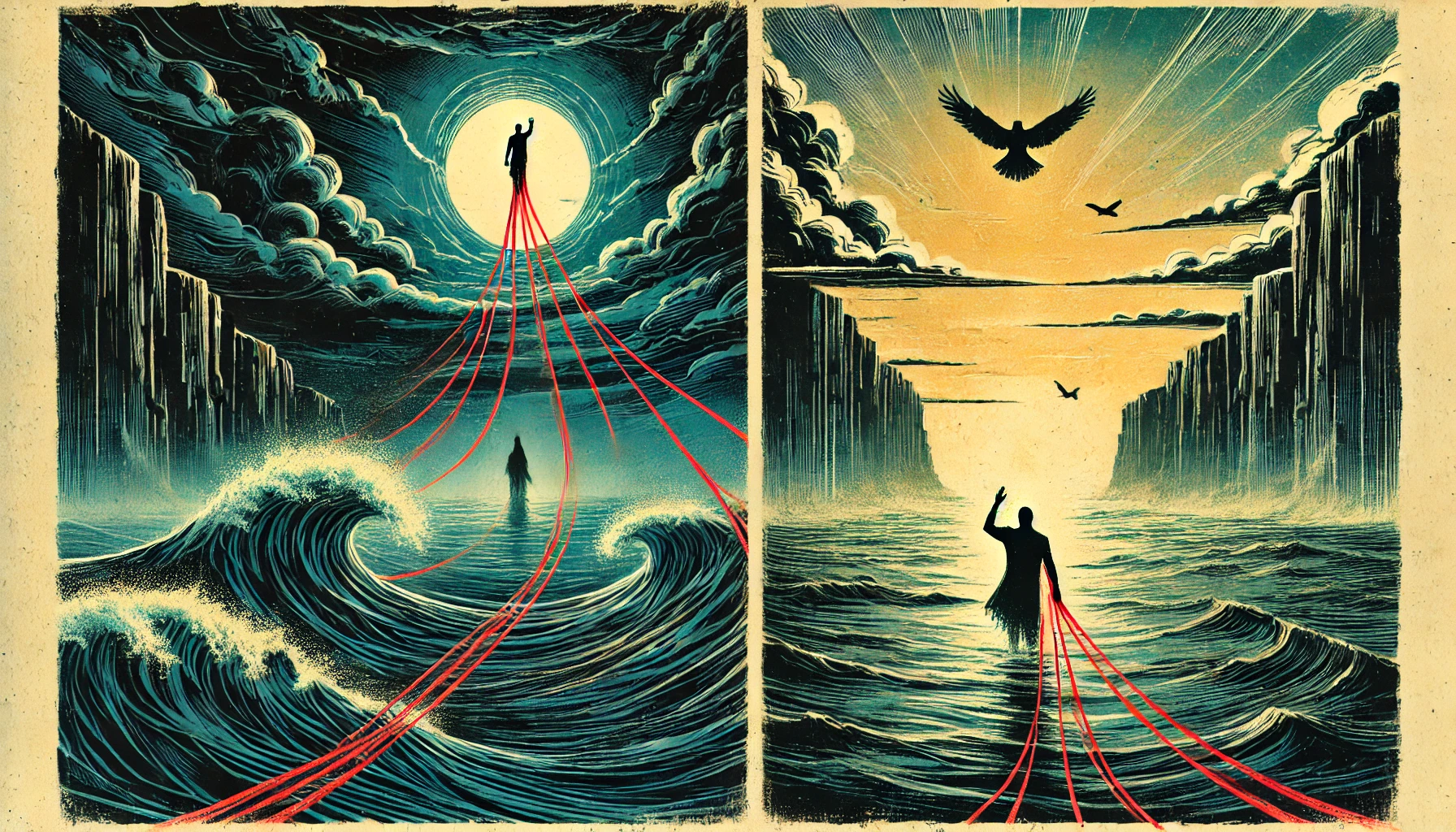- All
- Blog
- Holistic Healing
- Interviews
- Latest Content
- Relationships
- Stories
- Triggers
- Uncategorized
- Videos
All
- All
- Blog
- Holistic Healing
- Interviews
- Latest Content
- Relationships
- Stories
- Triggers
- Uncategorized
- Videos
Driven by Fear
Ken Wells
May 9, 2025
READ IT TO ME: Click play to listen to this post. “Fear is static that prevents me from hearing myself.” — Samuel Butler There are ...
Read More →
Dealing with Doubt
Ken Wells
May 6, 2025
READ IT TO ME: Click play to listen to this post. “We’re our own worst enemy. You doubt yourself more than anybody else ever will. ...
Read More →
From Hollowness to Wholeness
Ken Wells
May 2, 2025
READ IT TO ME: Click play to listen to this post. An Old Hole That’s Never Filled Got a hole in my soul—don’t you see? ...
Read More →
The Face of Fear
Ken Wells
April 29, 2025
READ IT TO ME: Click play to listen to this post. “More than anything, fear blinds, and only by stepping without hesitation into the next ...
Read More →
Detachment
Ken Wells
April 25, 2025
READ IT TO ME: Click play to listen to this post. “I believe detachment can become a habitual response, in the same manner that obsessing, ...
Read More →
Empathy and Compassion Crossover Experiences That Cultivate Depth in Personal Healing
Ken Wells
April 22, 2025
It has been my experience that the most impactful healing component in addressing addiction has been the cultivation of empathy and compassion. Each emphasizes the ...
Read More →






